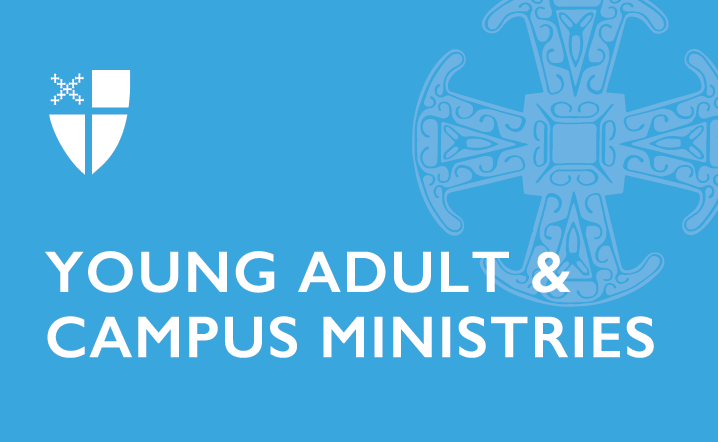Face to Face with History: Andrea Bardelmeier, Diocese of Southern Ohio
There have been a few moments in my 29 years that I have felt that I was stepping into the middle of history, moments of eerie awareness that what I was experiencing was much greater than myself. I can remember this feeling when I toured the concentration camp at Teresin outside Prague in college, and as I canvassed alongside young people from all over the country in the Obama campaign in New Hampshire in 2007-2008, and here again today in Atlanta as we heard the testimonies of Marco’s friends, 3 high school students who are undocumented immigrants. I realized these are the bravest high school students I have ever met, and that they are following in the proud legacy of non-violent civil disobedience that this city is known for. Some of the mentors to these students are the older generation of civil rights activists from the MLK era.
They have chosen to be “out” with their immigration status in order to bring attention to the injustice and racism in our current immigration laws, and to be in solidarity with other undocumented youth. As children, before they can remember, their parents travelled with them to the US as economic refugees, or economic migrants, a category of refugees not officially recognized by the US government. One 17 year old had been arrested during a non-violent protest outside the courthouse, and another told us the story of how she struggled to stay in school because of depression, realizing that after graduating high school she would be unable to attend college. About twice per month they rally around another immigrant youth who is stopped for a routine traffic violation and faces deportation proceedings – knowing that if 200 people make calls to the government they are able to get the student released. The Mort Memo says that in the US government has discretion to decide who will be deported, and when pressured by community organizers many decide not to deport students like these for minor traffic offenses. These high schoolers have become acquainted with the laws first hand, and they know that often if a person is released from deportation proceedings the government will often grant them a driver’s license and work permit.
One of the sad truths of refugee resettlement work is that certain refugees are preferred over others, and much of it is based on political strategy. The definition of a refugee established by the Geneva Convention, and still used by the Episcopal Migration Ministries, is a person who is forcibly displaced from the borders of one’s own country due to religious, political, racial, social identity, or ethnic persecution or fear of persecution. Refugees are afforded certain protections according to international law.
I was very encouraged to hear that the Diocese of Southern Ohio, my home Diocese, was the first in our country to resettle 100 Czech refugees in 1939 victimized by the Nazi regime. At that point US legislation prohibited this type of resettlement. Churches took on 100% of resettlement costs, and would host people for 1-3 years in their homes. It’s called the “compassionate model”. These days, a congregation is asked to support families for 3-6 months, and possibly longer as needed. Churches provide furniture for the apartments and stock the fridge with culturally appropriate food, meet families at the airport when they arrive, as well as cook them a meal from their culture for their first day. Churches also connect the refugees to other services with the help of the refugee resettlement agency. In the coming days we, as delegates from the Episcopal Church, will be exploring how to challenge our churches and fellow young adults in taking up this legacy, as church participation in Refugee Resettlement programs have begun to drop off. Stay tuned…

